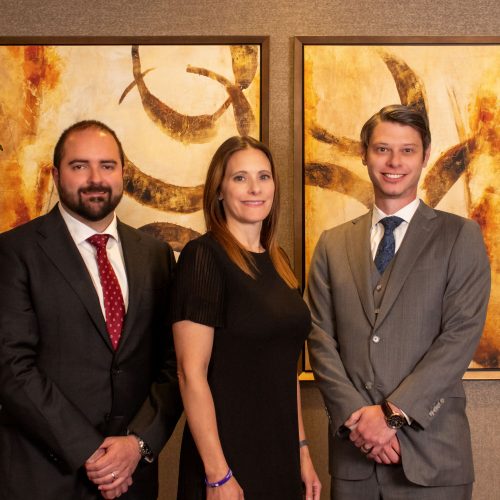Litigation Alert: Lien Claims in Construction Projects Amidst the COVID-19 Pandemic—Are They Valid When a Bankruptcy is Filed?
10/8/2020
Under New Jersey law, unpaid contractors, subcontractors, or suppliers have a right to file a construction lien on a project for the value of the work performed and may also recover legal fees and court costs to enforce the lien. Several statutes apply depending on whether the project is a public or private construction project. See N.J.S.A. § 2A:44-125 et seq. and N.J.S.A. § 2A:44A-1 et seq. However, what happens to the enforceability of the lien when there is a bankruptcy?
COVID-19 has had a devastating effect on construction projects and an owner’s ability to complete a project, causing an increase in lien filings as a means to protect the ability of the contractor or subcontractor to get paid for work performed and approved. When the owner of a project or general contractor files a bankruptcy petition, the property now becomes property of the bankruptcy estate, subject to the bankruptcy court’s jurisdiction.
When a bankruptcy is filed by an owner, there is also an “automatic stay” that acts like an injunction to halt the collection of monies by any contractor (and other creditors) who is owed money. In New Jersey, our courts have interpreted the “automatic stay” to prohibit a contractor or subcontractor from filing a construction or mechanics lien on a project subject to a bankruptcy. See In re Linear Elec. Co. Inc., 852 F.3d 313 (3d Cir. 2016), where the court held that the suppliers filing a mechanic’s lien after the filing of the contractor’s bankruptcy action violated the automatic stay.
However, if the construction lien is filed before the bankruptcy action, the lien may be valid to protect the contractor or subcontractor’s non-payment claim within the bankruptcy action. The mechanic’s lien or construction lien will need to be “validly perfected,” meaning that it must comply with various bankruptcy rules and requirements, including preferences, i.e., payments that were made up to 90 days prior to the bankruptcy may be challenged as a “preference,” and the contractor or subcontractor may be compelled to repay those monies back. However, if the construction lien or mechanic’s lien is compliant it will be upheld. See 11 U.S.C. § 547(c)(6).
To preserve these payment rights, the lien must be filed before the bankruptcy action is filed. Therefore, considering the effects of COVID-19 on construction projects, general contractors, subcontractors, or suppliers can and should protect themselves against potential project disasters like a bankruptcy filing, by filing a construction lien on the project sooner rather than later, so long as the lien requirements are met.
For more information about this Alert or any other legal concern affecting the construction industry, please contact:
Rose A. Suriano, Esq., Member and Co-Chair, Litigation Practice, at rsuriano@bracheichler.com or 973-403-3129
Robyn K. Lym, Esq., Associate, Litigation Practice, at rlym@bracheichler.com or 973-403-3124












